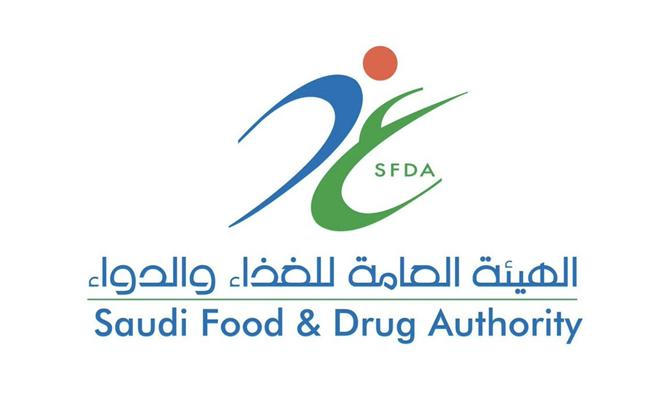

- Hajj And Omrah
-
About SFDA
About SFDA
SFDA in vision 2030
Authority Strategy
Career and Life
- Information Lists
-
Areas
- Consumer Corner
- Media Centre
- Eservices
Provigil (modafinil) Prescribing Information Updates
Provigil (modafinil) Prescribing Information Updates
Provigil (modafinil) Prescribing Information Updates
2007-10-31
October, 24th , 2007, US FDA, the American's equivalent of the Saudi Food and Drug Authority (SFDA), updated the prescribing information for Provigil (modafinil).
Provigil is indicated to improve wakefulness in adult patients with excessive sleepiness associated with narcolepsy, obstructive sleep apnea/hypopnea syndrome, and shift work sleep disorder.
FDA and Cephalon (manufacturer company) notified healthcare professionals of updates to the WARNINGS section of the prescribing information for Provigil (modafinil). The revised labeling updates safety information to include warnings regarding serious rash, including Stevens-Johnson Syndrome (SJS) and hypersensitivity reactions, and psychiatric symptoms.
Rare cases of serious or life-threatening rash, including Toxic Epidermal Necrolysis, and Drug Rash with Eosinophilia and Systemic Symptoms have been reported in adults and children in worldwide postmarketing experience. Angioedema and multi-organ hypersensitivity reactions have also been reported in postmarketing experience. In addition, psychiatric adverse experiences (including anxiety, mania, hallucinations, and suicidal ideation) have been reported in patients treated with Provigil.
Actions that Healthcare Professionals and Public Should Follow:
· PROVIGIL is not approved for use in pediatric patients for any indication
· PROVIGIL can cause life-threatening skin and other serious hypersensitivity reactions. You should instruct your patients that, if this occurs, they should consider discontinue the use of PROVIGIL and contact you immediately
· PROVIGIL can cause psychiatric symptoms, If psychiatric symptoms develop in association with PROVIGIL administration, consider discontinuing PROVIGIL.
· Caution should be exercised when Provigil is given to patients with a history of psychosis, depression, or mania.
Report Adverse Drug Reactions to the Saudi FDA
The public and health professionals are encouraged to report adverse drug reactions the National Pharmacovigilance Center on the Internet at


